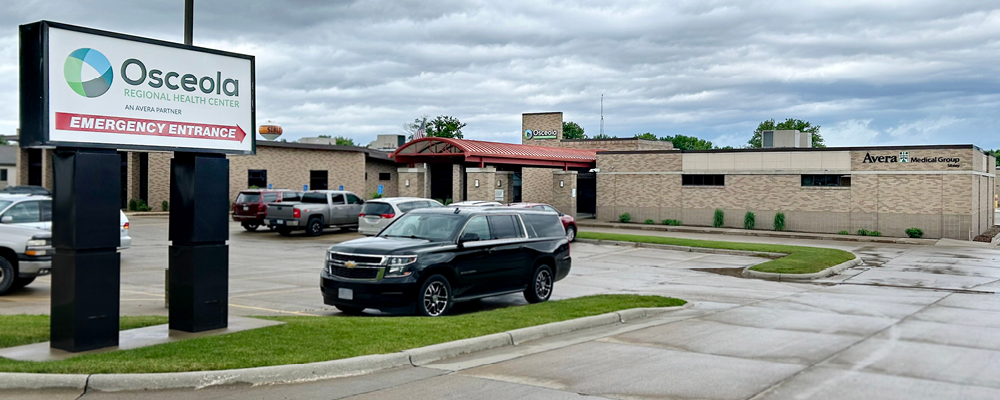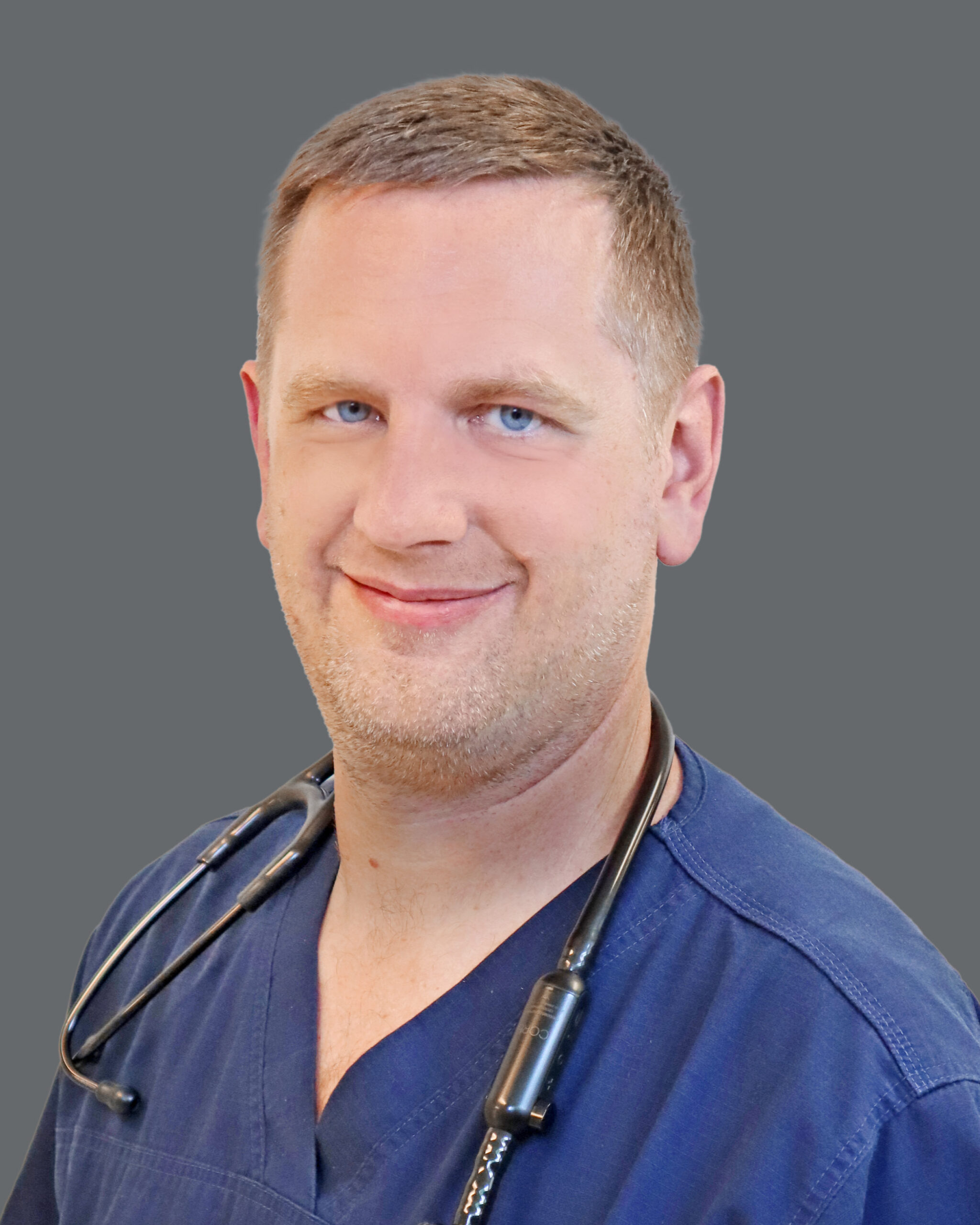
Should I go to the Emergency Department or Clinic?
By: Nathan Peters MSN, ARNP, FNP-C at Avera Medical Group Sibley and Osceola Regional Health Center
Many people face an internal battle of where to go for medical care in times of sudden or new health issues or injuries. Some choose to go to the clinic, and others choose to go to the emergency department (ED) as their first choice for medical care. Others think that going to an ED means that they will receive care for their health issues more quickly than if they go to their clinic/urgent care. My hope is that this article will help give brief guidance as to where to go for the most appropriate care, save you money (out of pocket costs, copays, etc.) and save you time from prolonged waiting times.
An ED visit does not necessarily mean that you’ll have a quicker visit than a visit through the clinic. Many ED visits are not appropriate for the ED; that is that they can be easily seen in the clinic. When you arrive in the ED, you are given an initial assessment, and a severity priority level is assigned to you based on your complaint/symptoms. After being assigned a severity level, you may experience longer waiting times for further assessments, treatments, discharge, etc. as higher priority patients are dealt with first; regardless of what time you came to the ED.
Therefore, in the ED world, the sickest of the sick receive priority care; not who came to the ED first. An ambulance bringing you into the ED also does not always mean that you get a higher priority assignment. The initial assessment by hospital nurses and providers determines your priority level. This level can change throughout your stay due to your vitals, labs, x-rays/imaging, etc. So, you can start off at a higher level and be reassigned to a lower level later in your ED visit, or vice versa.
Most patients can be seen in the clinic/urgent care setting rather than the ED; even for some broken bones and laceration (cut) type injuries. Plus, if you go to the clinic, you can always be transferred to the emergency department for a higher level of care and intervention if you need that level of care. Below is a table that covers several possible scenarios to help guide you in determining where to go first if you need medical attention right away/today.
|
Emergency Department |
Clinic/Urgent Care |
|---|---|
|
· Chest pain · Severe shortness of breath · Severe abdominal pain · Lacerations (cuts) > 2 inches · Stroke symptoms (weakness or numbness to one side of body, slurred speech, sudden vision change, confusion) · Head injuries causing any loss of consciousness, and/or if on a blood thinner · Burns totaling more than the size of one of your palms/hands · Seizures · Low blood sugar (< 60) · High blood sugar (> 350) · Uncontrolled bleeding despite good/strong direct pressure for at least 5 minutes · Fevers > 102.5 °F; sustaining despite being given Tylenol and/or ibuprofen · Blood pressures > 180/100 |
· Moderate or less shortness of breath · Shortness of breath with exertion · Fluid buildup/swelling in the lower legs (edema) · Lacerations (cuts) < 2 inches · Head injury without loss of consciousness, and not on a blood thinner · Burns totaling less than the size of your palm/hand · Fevers, with or without rash and responds to being given Tylenol and/or ibuprofen · Elevated blood pressures but < 180/100 |
Remember that when you go to the ED, expect to be there for at least two hours for your assessment, treatment(s) and discharge. That’s why the clinic/urgent care is often quicker for the patient to be seen and discharged. Your care team can always send you to the ED from the clinic if you need that higher level of care.
Finally, most people don’t know, but you have six hours from the time of the laceration (cut)/injury to get stitches (sutures). If it’s after that time, we are not able to suture the wound. So, getting in and sutured right after the injury is always the best option.
No matter the illness or injury, Avera Medical Group Sibley and Osceola Regional Health Center stand ready to meet your care needs. You can reach AMG Sibley at 712-754-3658 and Osceola Regional Health Center at 712-754-2574.

